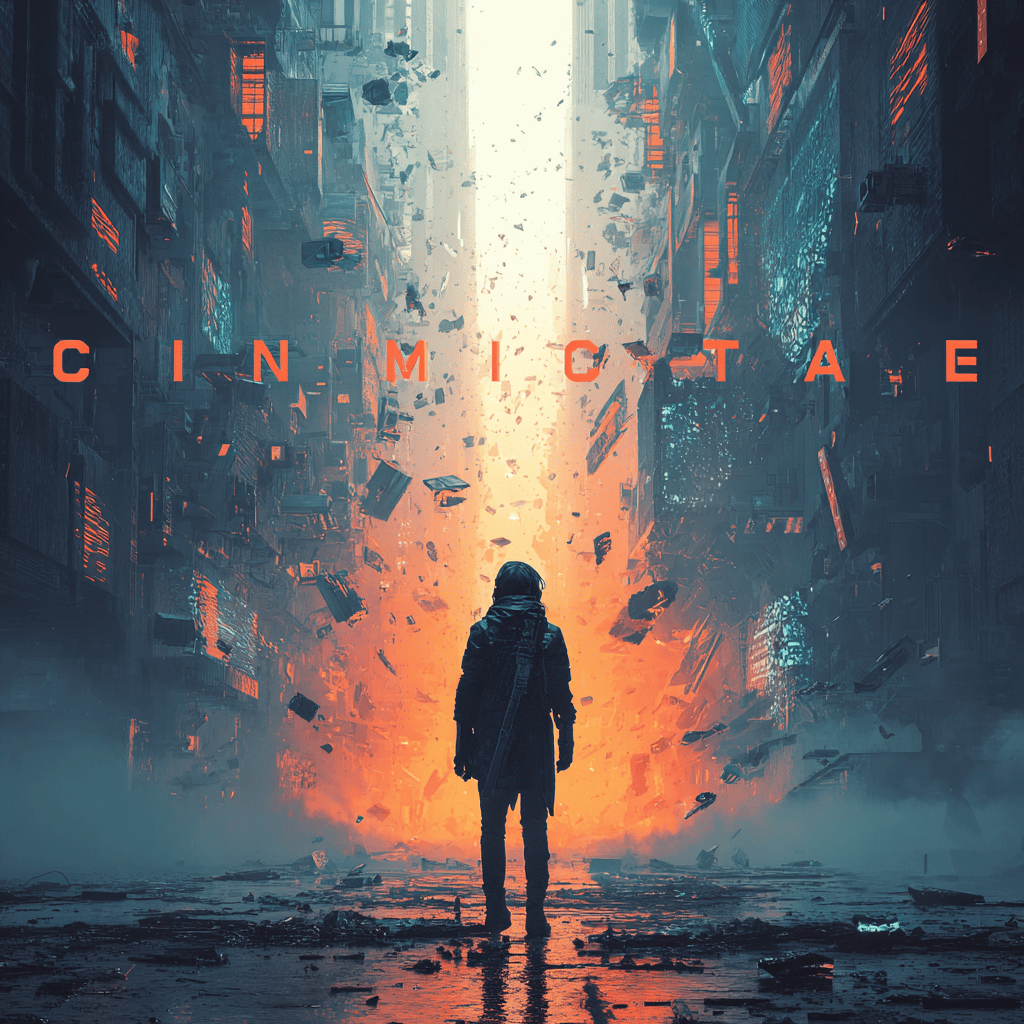During the month of July, Microsoft’s sweeping wave of layoffs struck particularly hard within its Xbox division, most notably resulting in the closure of the internal development studio that had been tasked with creating a new installment in the *Perfect Dark* series. In official terms, this decision meant that the long-anticipated game was outright canceled, leaving many fans discouraged. However, behind that somber announcement, journalist Jason Schreier of *Bloomberg* revealed that Microsoft was not entirely ready to let its iconic franchise vanish. Instead, the company discreetly offered an opportunity for another team—specifically Crystal Dynamics, the studio celebrated for its work on the *Tomb Raider* franchise—to attempt to breathe new life into the project.
This is where the situation becomes increasingly complex and, for many observers, somewhat perplexing. Crystal Dynamics is not and has never been owned by Microsoft. Rather, the studio is part of the Embracer Group, a large European holding company that has recently faced extensive financial and organizational struggles. To move the project forward under this arrangement, Embracer reportedly sought to create a partnership with yet another influential publisher, Take-Two Interactive. The envisioned plan would have involved Take-Two providing financial backing and taking on publishing responsibilities for the renewed version of *Perfect Dark*. Nevertheless, according to Schreier’s sources, these negotiations did not succeed. At least part of the breakdown stemmed from disagreements over one critical matter: the long-term ownership of the *Perfect Dark* intellectual property. Because the parties were unable to settle questions concerning control of the franchise’s future, the talks ultimately collapsed. The individuals providing this information requested anonymity, as the particulars of the discussions were highly sensitive and confidential.
The collapse of these negotiations appears to have had immediate, tangible consequences. Shortly thereafter, a new wave of layoffs struck Crystal Dynamics—staff reductions that were publicly reported by *IGN*. Schreier has since written that Crystal Dynamics has now fully withdrawn from development, signaling the end of its involvement with *Perfect Dark*. Underlying this impasse is Microsoft’s evident unwillingness to cede ownership of the franchise. The company’s rationale likely traces back to 2002, when it acquired Rare, the studio that originally created *Perfect Dark*. As background for those unfamiliar, *Perfect Dark* was conceived as a spiritual successor to Rare’s earlier blockbuster, *GoldenEye 007*, which had become one of the defining games of the Nintendo 64 era. Ironically, *GoldenEye* itself languished without modern re-releases or remakes for decades owing to its own licensing entanglements, demonstrating the long-standing complications of intellectual property rights within gaming.
While this reasoning may strike fans as an unfortunate and even frustrating justification for keeping *Perfect Dark* canceled, the absence of precise details leaves significant uncertainty surrounding Microsoft’s choices. What can be observed, however, is that the company has at times shown more flexibility with its intellectual properties. For example, when Tango Gameworks—the studio behind *Hi-Fi Rush*—was similarly at risk, Microsoft arranged a deal to safeguard the team by selling it to Krafton, the publisher most famous for *PUBG*. In that situation, however, Microsoft faced considerable public pressure. *Hi-Fi Rush* had already been released and had not only captivated audiences but also earned critical acclaim, prestige, and a number of awards. Understandably, gamers were infuriated that a studio responsible for such a celebrated hit could still fall victim to mass layoffs, and Microsoft’s deal with Krafton seemed designed to mitigate that outrage.
Taken together, these developments underscore the precarious dynamics of modern game publishing, where even legacy franchises with storied histories such as *Perfect Dark* can be imperiled by corporate restructuring, ownership disputes, and the volatile fortunes of partner studios. The situation simultaneously reflects both Microsoft’s determination to retain control of its valuable intellectual properties and the broader industry’s struggle to reconcile creative ambition with the harsh realities of corporate negotiations and financial risk.
Sourse: https://www.theverge.com/news/769372/microsoft-perfect-dark-revival-take-two-deal



